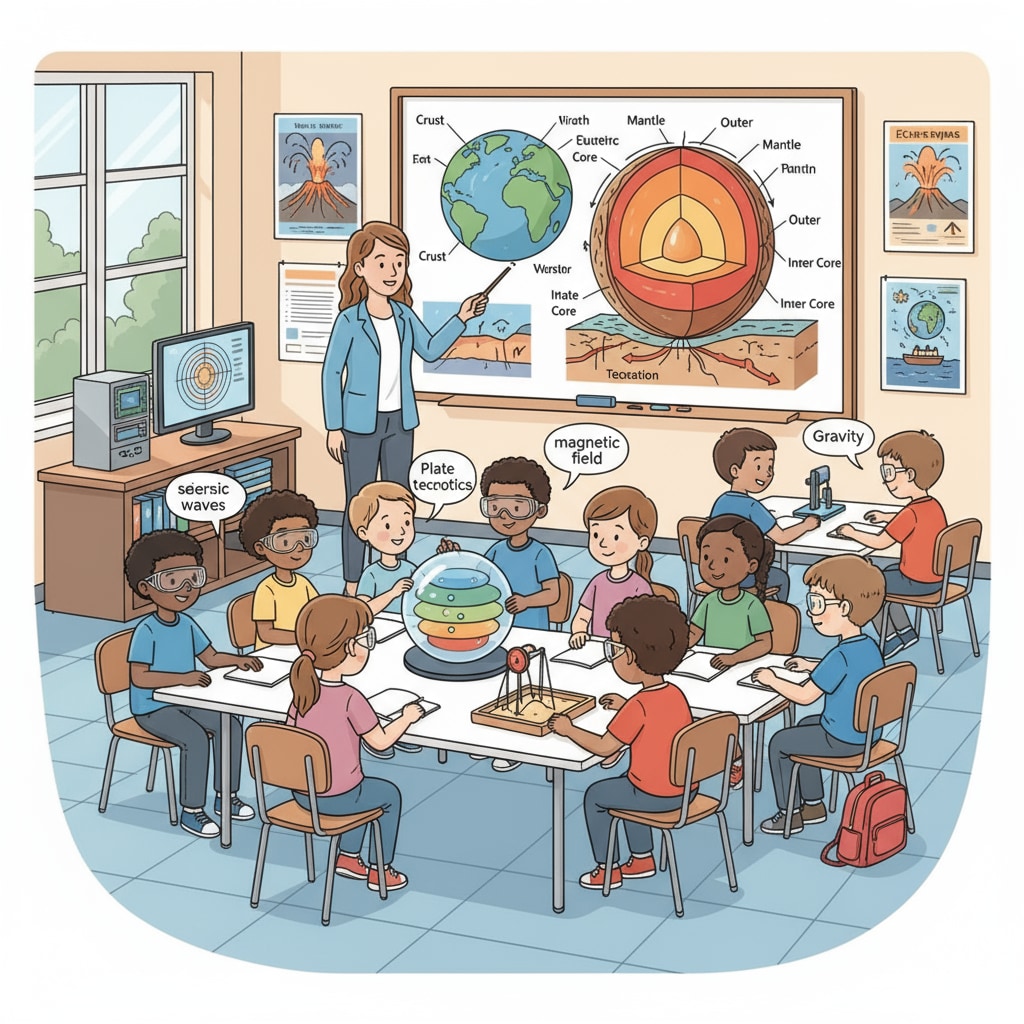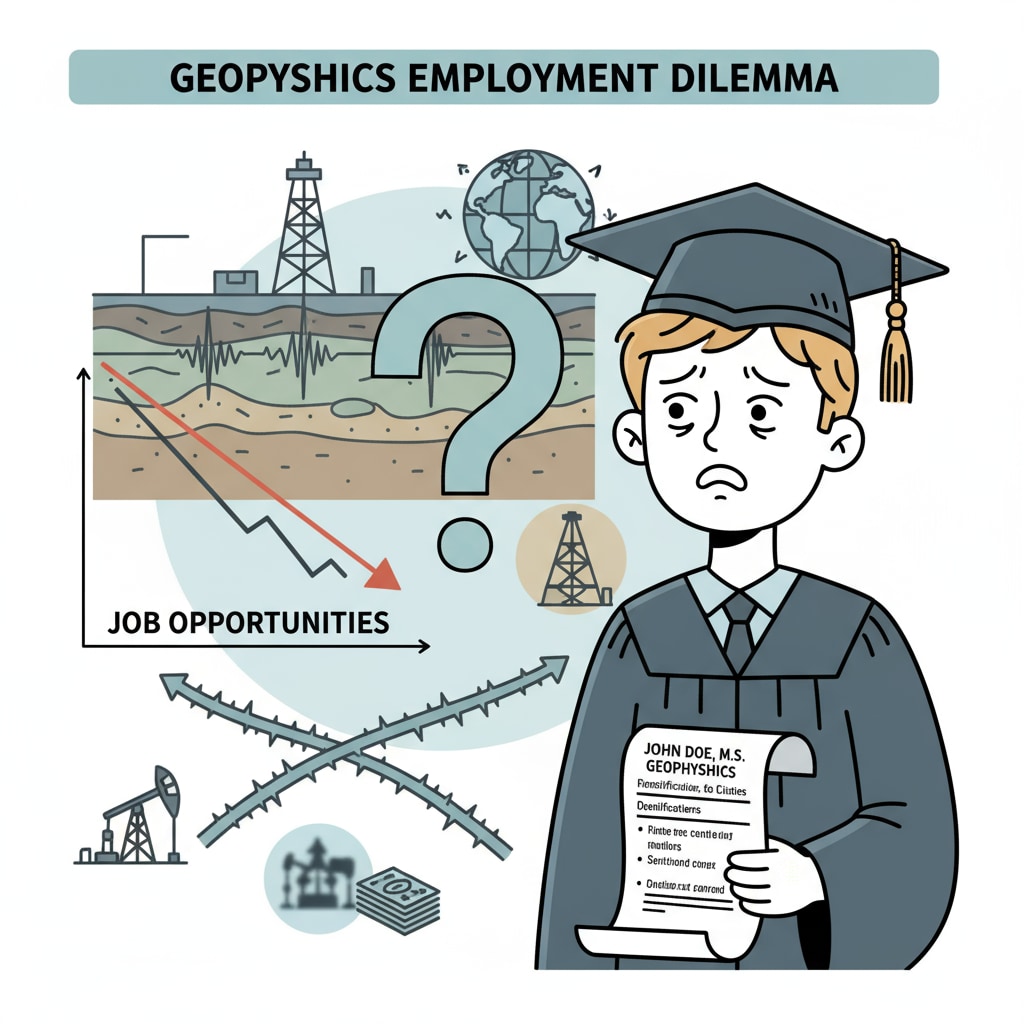Geophysics, second master’s degree, employment dilemma – these are the challenges that many geoscience professionals are currently facing. The job market for geophysics graduates has been tough in recent years, pushing them to explore alternative career paths. One promising direction is the transformation into the K12 education field.

As an example, according to Wikipedia’s Geophysics page, geophysics encompasses a wide range of scientific knowledge that can be very valuable in an educational setting.
The Employment Dilemma in Geophysics
The field of geophysics has long been associated with exciting research and exploration. However, in recent times, the job market has become increasingly competitive. There are fewer positions available in traditional sectors such as oil and gas exploration, mining, and environmental research. As a result, many geophysics graduates find themselves in an employment dilemma. For instance, companies are now more cost-conscious and are looking for highly specialized skills that are not always covered during a standard geophysics degree program. This leaves many graduates with limited options and struggling to find a suitable job.

The Allure of Second Master’s Degree for Career Shift
One way for geoscience professionals to enhance their career prospects and navigate the employment dilemma is by pursuing a second master’s degree. A second master’s in education-related fields, such as science education, can provide them with the necessary skills to enter the K12 education market. This degree equips them with knowledge of teaching methodologies, curriculum design, and educational psychology. For example, as stated on Britannica’s Education page, having a solid foundation in these areas is crucial for effective teaching. With a second master’s degree, geophysics graduates can bridge the gap between their existing scientific knowledge and the requirements of the education field.
Making the transition from geophysics to K12 education offers numerous benefits. Geoscience professionals possess in-depth knowledge of the earth’s systems, geological processes, and environmental science. This knowledge can be translated into engaging lessons for K12 students. They can inspire the next generation to develop an interest in science and perhaps even pursue geoscience-related careers in the future. Moreover, in the education field, there is a growing demand for teachers with a strong background in STEM subjects, making it an opportune time for geophysics graduates to make this shift.
Readability guidance: The employment dilemma in geophysics is a real concern for many graduates. Pursuing a second master’s degree can be a game-changer, opening doors to the rewarding field of K12 education. By leveraging their geoscience knowledge, these professionals can make a significant impact on young learners’ lives.


